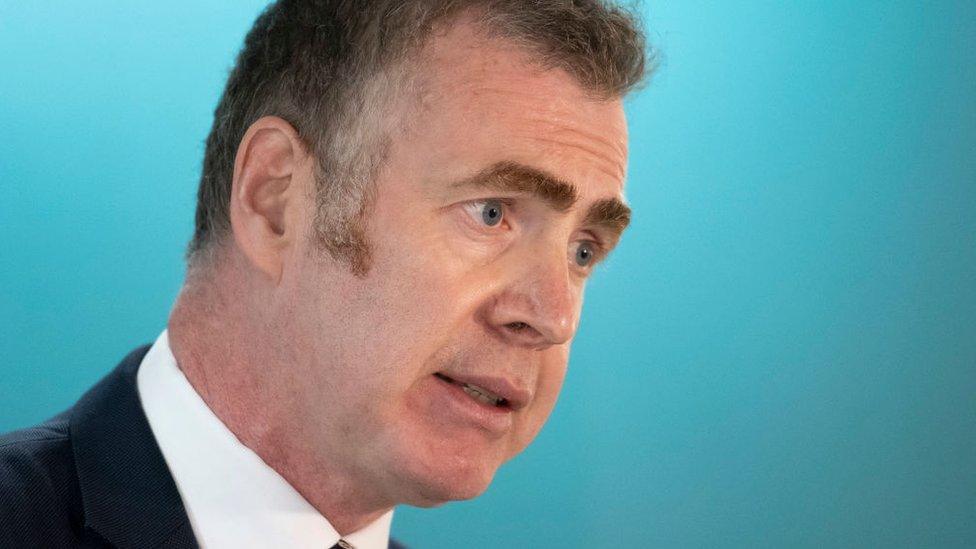Next general election difficult for Plaid Cymru, leader says
- Published
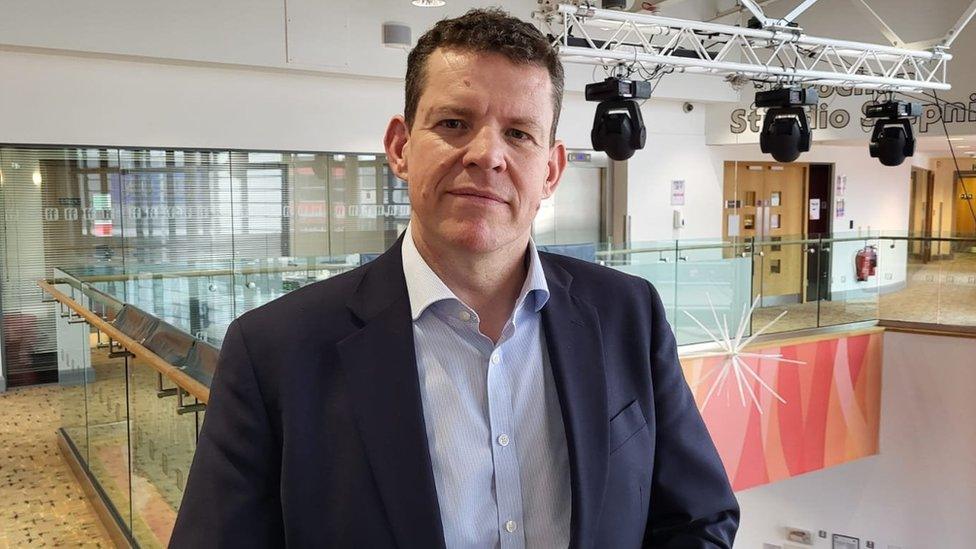
Rhun ap Iorwerth became Plaid Cymru leader earlier in the summer
The next general election will be difficult for Plaid Cymru, its new leader has said.
Rhun ap Iorwerth said the boundary changes coming into effect for Westminster seats will pose issues for the party.
The changes mean that one of Plaid's seats will cease to exist, while others will have their boundaries altered.
He made the comments in an interview with BBC Wales political podcast, Walescast.
Mr ap Iorwerth also indicated he is moving away from the tax policies of his predecessor Adam Price, saying Plaid could not be the only party going into an election promising to raise tax.
It comes after he recently ruled out a timetable for holding an independence referendum, despite Mr Price having promised a vote within five years if he won power.
Plaid Cymru holds four seats going into the general election, which is expected to take place at some point in 2024.
In the wide ranging interview, Mr ap Iorwerth said: "I will state very clearly this is a difficult context for us going to the next election - boundary changes making things difficult for us.
"We're at a point of having a sort of UK general election of change. It feels like it's where everything becomes even more polarised - blue versus red.
"There's an inevitability of it, I guess, in terms of the pressure of the UK based media looking at that battle between Sunak and Starmer."
"So it's a challenging election. There's no point hiding away from that," he said.
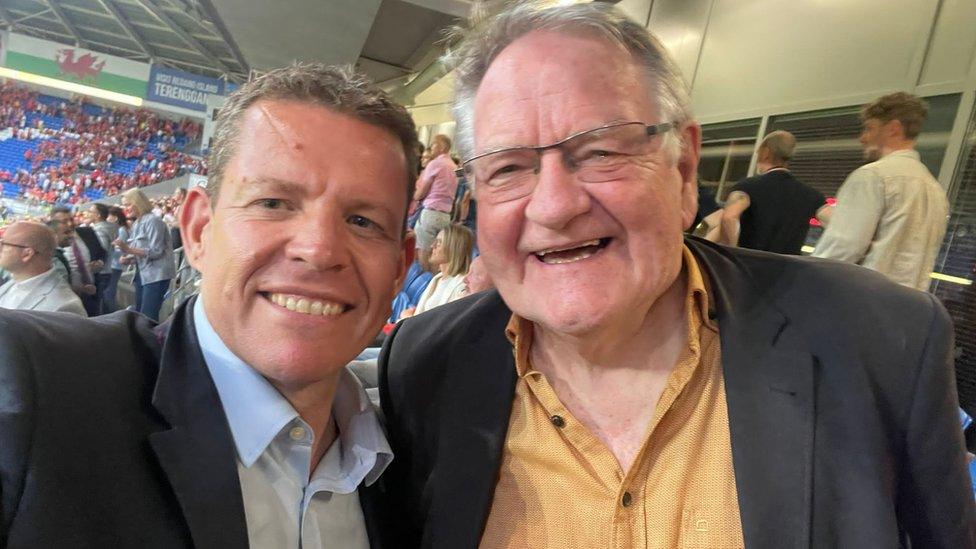
Rhun ap Iorwerth, pictured with Dafydd Iwan, said he did not want people to see Plaid as an angry party
Under Adam Price, Plaid Cymru called for tax rises to pay for NHS and social care pay, including on the basic rate.
But in comments that appeared to distance himself from that policy, Mr ap Iorwerth said: "As a matter of principle, I would like to be paying more tax.
"When I look at other countries that have better levels of public services, their tax take is higher.
"We have a situation here in Wales in the UK where we have been told to expect more and more and a desire to pay less and less and it just doesn't, doesn't square."
"But the difficulty is, of course, is that the political discourse makes it very, very difficult for one party to say 'right, then we're going to be a high tax party' where all the others will say, well, we can deliver exactly the same as them, but you'll be paying less tax.
"It can't, unfortunately, be just a matter of one party saying 'right come to us if you want to pay more tax' because then politically you're causing problems for yourself."
He denied that he was saying he would not want to go into an election saying he would not raise income tax for any section of society.
But the former BBC Wales journalist added: "I'm saying that with the powers that we have now, it's not quite as simple as a right we'll just add a penny on income tax in every band.
"Because, at the time of a cost of living crisis, you don't want to be taking money out of the pockets of people who have very, very little to spare and who are on modest incomes. It's got to be a progressive taxation system."
'I don't want Plaid to be angry'
After a difficult period for his party - following a report that found a "toxic culture" that ultimately led to the resignation of his predecessor Adam Price - he is spending the summer meeting party members and the public and preaching a message of "positive politics".
"It's the only way I can do politics - on the front foot."
"We can get angry in politics. I don't want people to see Plaid Cymru as an angry party. I want people to see us as a go-getting positive party.".
Mr ap Iorwerth was born in the south Wales valley town of Tonteg, to his north Walian and Welsh speaking parents Edward and Gwyneth Morus Jones.
Although work soon took them back north, eventually to Anglesey where he went to school, "it's a part of Wales that means a lot to me because it meant so much to my parents. They felt very much at home in Tonteg."
"Those roots give me an understanding of Wales in all its diversity which, politically, I guess is important."
"There's no part of Wales where I think Plaid Cymru's message isn't relevant to. There's no part of Wales that I don't want to build trust with people there, because I think wherever people are they can understand and want to learn more about this idea of Wales not reaching its potential."
Walescast, 22:40 BST on 15 August on BBC One Wales, also on iPlayer
Related topics
- Published16 June 2023
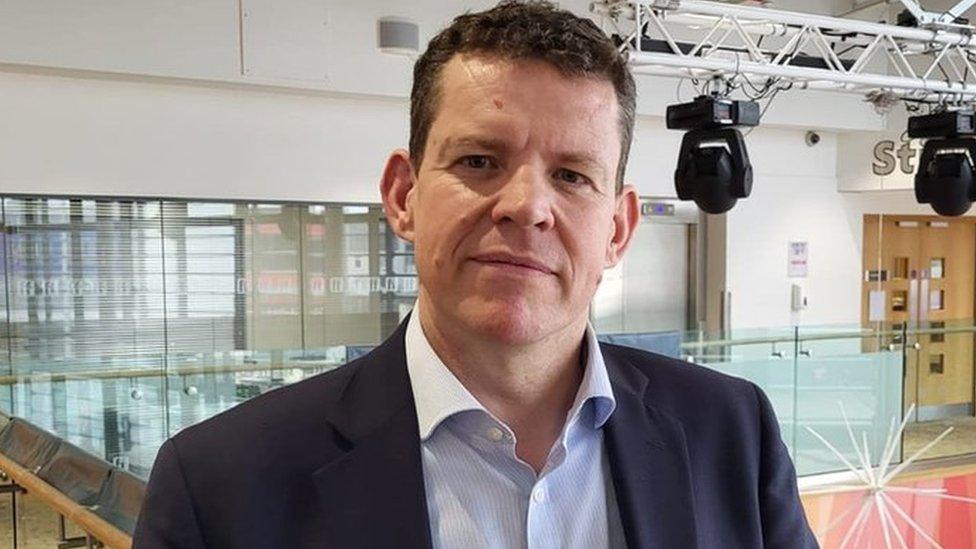
- Published2 August 2023
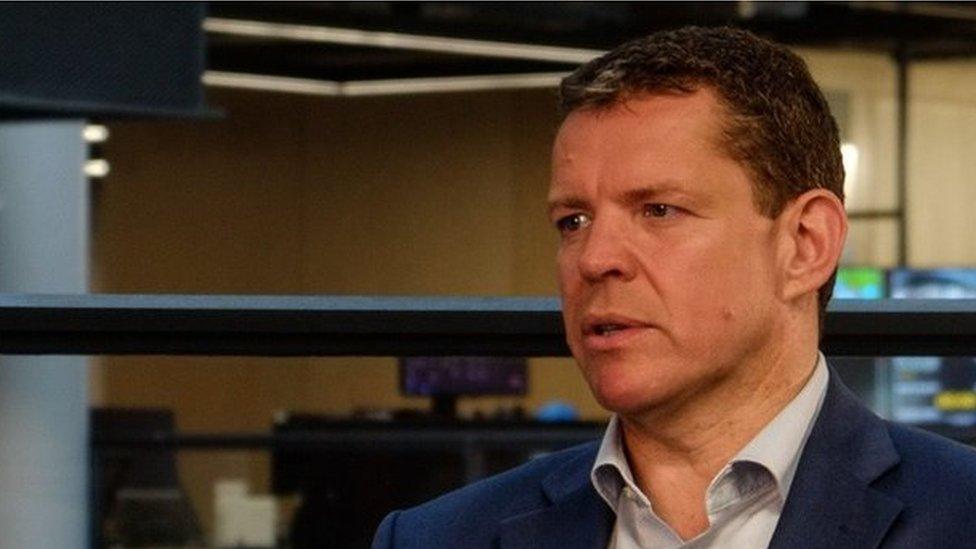
- Published7 April 2021
